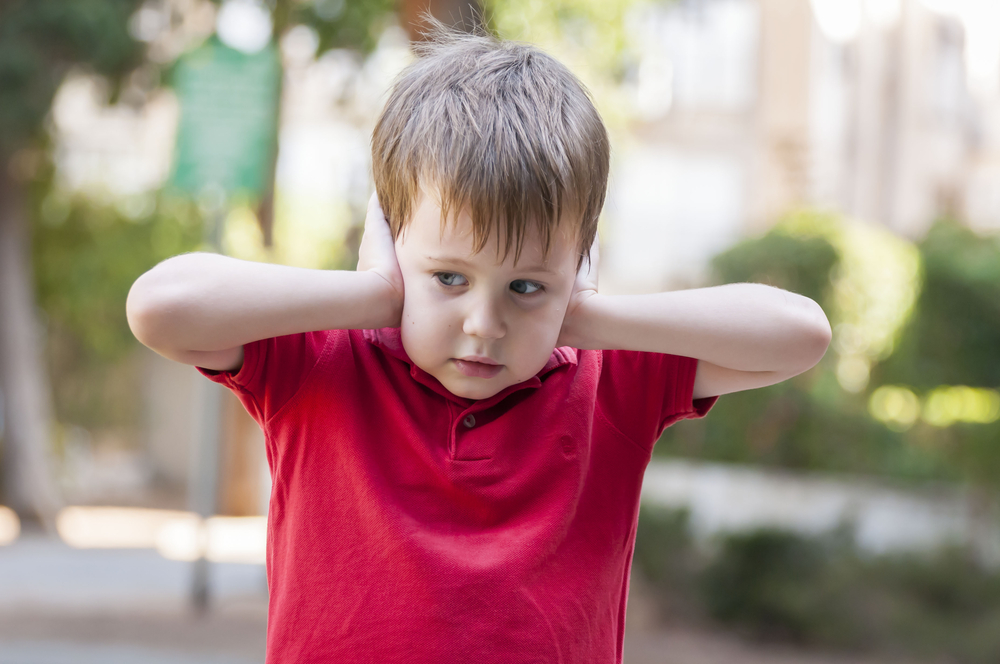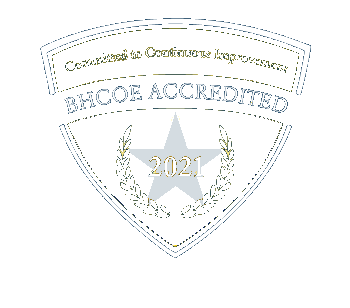
Autism symptoms are different for each individual child. As parents or caregivers, understanding the initial signs of autism spectrum disorders can be extremely helpful for parents to obtain earlier diagnoses and access crucial services such as early intervention and ABA. Once a diagnosis is received, getting started with our autism therapy services in NJ or one of our many other clinic locations is a phone call away! Let’s explore some of the most common early signs of ASD and how our individualized ABA therapy can help.
Delayed Communication
One of the earliest signs of autism that parents may notice is a delay in communication skills. Some indicators to look for in your child’s behavior include:
- Not responding to their name
- Demonstrating limited babbling by their first birthday
- Having difficulty pointing or waving
- Any of these may be an early sign of autism.
One of the key components of ABA therapy is building language and communication skills. Our BCBAs use techniques like language modeling, prompting or alternative communication to help children reach important milestones and functionally communicate their needs and wants. As a child’s functional communication increases, challenging behaviors will often decrease.
Social Skills
Children with ASD tend to struggle in social interactions. Some examples include difficulties in:
- Making eye contact
- Showing interest in other people
- Sharing toys
- Participating in group play.
As children get older and have more interaction with peers, these social difficulties can become more apparent.
Our ABA therapy offers children with autism opportunities to socialize through structured group play, such as circle-time. The social skills that children learn in ABA therapy can help them across all environments they may encounter in the future.
Sensory Sensitivity
Sensory sensitivities are also common in children with autism. Children with autism generally have sensitivities to:
Bright lights
Flashing lights
Loud sounds
Unique textures
Large groups
Strong scents
For example, a child might become distressed by certain fabrics or cover their ears from sounds that don’t seem like a big deal to you. These sensitivities can be extremely distressing to a child with autism, which may impact their behavior. Our individualized ABA therapy helps to teach children coping skills for these sensitivities.
Repetitive Behaviors
Repetitive behaviors are another early sign of autism. Children with ASD may:
Engage in repetitive physical movements for extended periods of time.
Hand-flapping
Rocking
Spinning objects
Develop intense interests in specific topics.
Hyperfocus on objects or toys.
Exhibit distress when schedules or routines change.
ABA therapists work hard to understand the purpose or function of these behaviors in each individual child and then identify alternative behaviors that are less disruptive. We also emphasize structured schedules, which help children anticipate and understand the flow of each session, which can reduce the level of disruptive or repetitive behaviors that a child may engage in as a way to cope with uncertainty.
The Importance of Early Intervention
Research has shown that starting interventions as early as possible can significantly improve ABA therapy outcomes. If you suspect your child may be showing early signs of autism, don’t hesitate to reach out to your healthcare provider. Starting ABA therapy in Philadelphia, New Jersey, and our other clinic locations as early as possible can make a huge difference in your child’s development and quality of life.
At Helping Hands Family, we strive to empower families and children with the tools and strategies they need to thrive. Get in touch with us today to learn more about our individualized ABA therapy.





